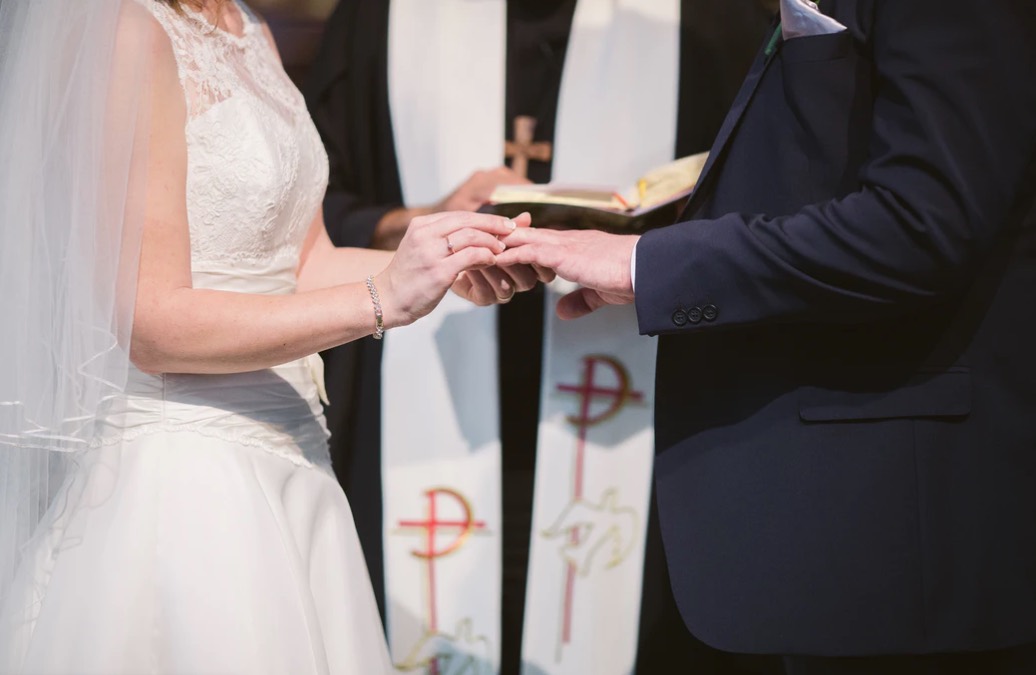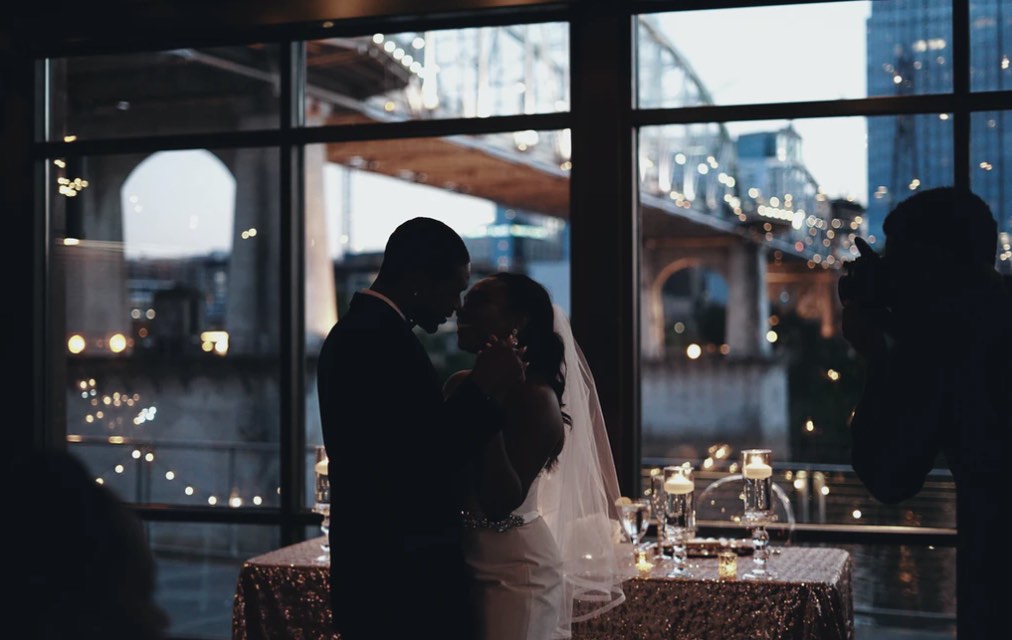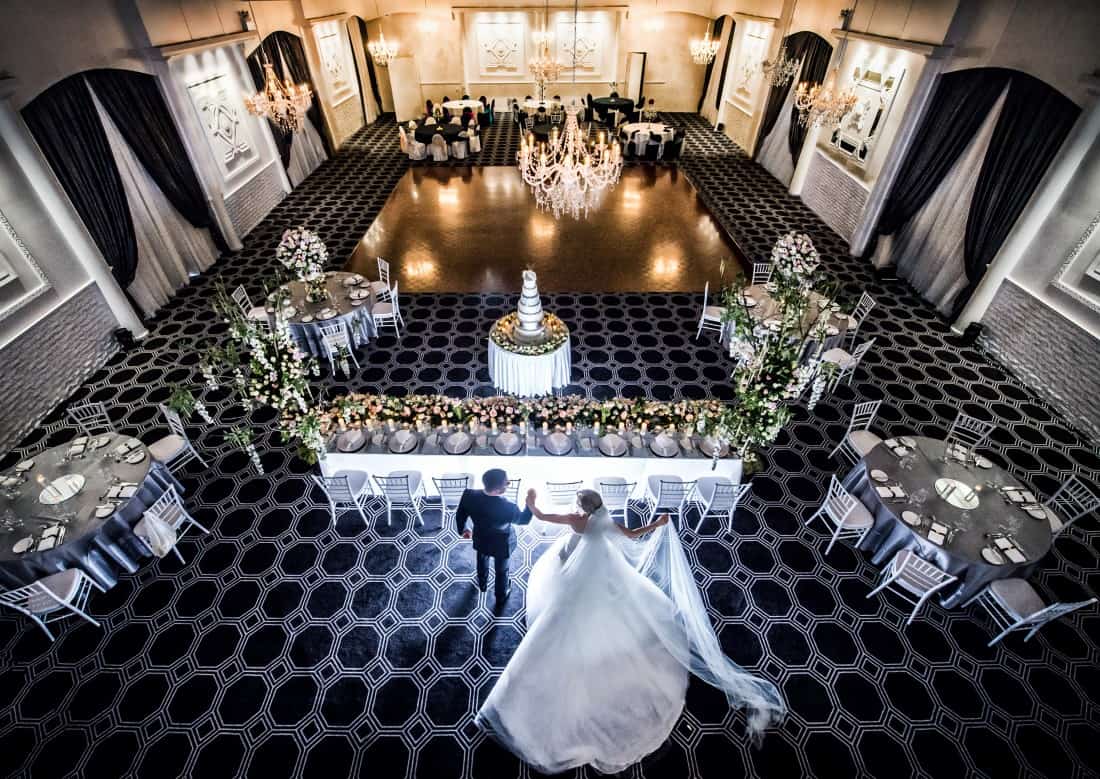The question of who should bear the cost of a wedding remains a timeless topic of discussion. Traditional customs often placed the burden on the bride’s family, but modern trends and financial independence have created a shift. This article will explore whether parents should still pay for a wedding and whether the bride and groom must foot the bill. Additionally, we’ll offer tips for saving money on wedding expenses, considering the blurred distinctions between traditional financial responsibilities.
Let’s Get Straight to the Point
Customary Split of Wedding Costs
Historically, the bride’s family shouldered most wedding expenses, while the groom’s family contributed to specific events like the rehearsal dinner. This expectation was rooted in customs dating back to when marriages were arranged as family alliances. However, today’s couples are increasingly financially independent and often cover their wedding expenses.
Traditionally, the bride’s family paid for:
- The wedding ceremony (venue, decor, music)
- Reception (venue, food, and drinks)
- The bride’s gown and accessories
- Wedding planner fees
- Flowers and stationery
- Photography and Videography
Meanwhile, the groom’s family was expected to cover:
- The rehearsal dinner
- The groom’s attire
- Honeymoon costs
- The officiant’s fee
- Boutonnieres and corsages for the wedding party
Despite this division, many modern couples prefer to handle their finances, especially if they’ve been living together before the wedding. As the owner of A Day in May Events mentions, setting a wedding budget is crucial early in the planning process, ideally along with the guest list and venue discussion. Understanding the cost per guest helps to control costs effectively.
Modern Trends: Who Should Pay?
However, deciding who pays should depend on each couple’s unique situation and family circumstances.
Factors Influencing Financial Responsibility
- Couple’s Financial Independence: If the couple is already living independently and managing their own finances, they may prefer to pay for their wedding themselves.
- Parental Willingness: Many parents still want to contribute to their child’s wedding. Families need to discuss their financial ability and willingness to contribute.
- Cultural Expectations: In some cultures, traditional expectations may still sway, with parents contributing significantly or paying the full bill.
It’s essential to approach wedding budgeting openly and manage expectations to avoid financial strain. Couples and their families should have honest conversations about their contributions early on to ensure smooth planning.
Wedding Budgeting: A Collaborative Approach
While tradition once dictated strict roles for who paid what, today’s weddings often involve more collaborative efforts from both families and the couple themselves. Couples can save money by carefully considering their options and finding creative ways to divide costs.
Tips for Saving on Wedding Expenses
- Start with a Clear Budget: Couples should establish their overall budget before making any decisions. Tools like The Knot Budget Calculator can help couples plan their expenses, considering every detail from invitations to entertainment.
- Reduce Guest Count: Fewer guests mean lower costs for catering, seating, and even the venue. Starting with a realistic guest list helps control overall expenses.
- Choose an Off-Season Wedding Date: Opting for a wedding date during off-peak seasons can significantly reduce venue and vendor costs.
- Negotiate with Vendors: Don’t be afraid to discuss prices and packages with vendors. Often, vendors are willing to work within your budget.
- DIY Elements: Many couples choose to personalise their wedding by creating their decor, invitations, or even favours. This can add a unique touch and save money.
Contributions from Friends and Family
Another growing trend involves friends and family members contributing specific services rather than money. For example, a friend may offer to bake the cake, a relative may cover the cost of the flowers, or a family member may take on photography duties. This communal approach helps alleviate financial pressure while adding personal touches to the wedding.
Wedding Etiquette: Handling Contributions and Expectations
Maintaining open communication when discussing wedding costs is essential, especially if one side of the family is contributing more than the other. This can lead to expectations or conditions, and couples should be mindful of navigating these sensitivities.
Addressing Financial Contributions
Couples should tactfully initiate conversations about financial contributions. An example question might be, “Would you like to contribute to the wedding?” Framing the conversation in a neutral manner makes it easier for parents or family members to offer assistance without feeling pressured.
Respecting Contributions
When family members contribute to the wedding, respecting their role in the decision-making process is important. As the old saying goes, “he who pays the piper calls the tune.” If your parents cover most expenses, they may want input on crucial decisions like the guest list or venue.
Whether parents should still pay for a wedding is deeply personal and depends on the unique circumstances of each couple and their families. While tradition places the financial responsibility on the bride’s family, modern couples are more likely to share the costs themselves or with both families.
Parents should pay for a wedding if they are willing and able to do so, but there is no longer a societal expectation that they must. With open communication and careful financial planning, couples can navigate their wedding budgets best for them.




